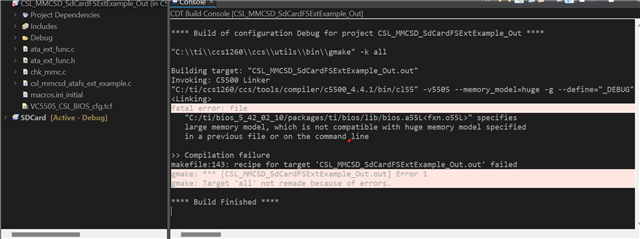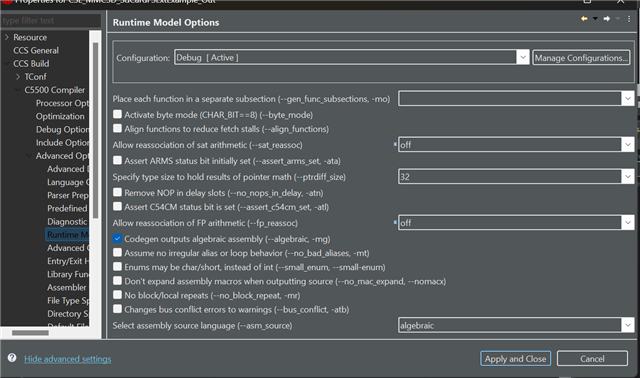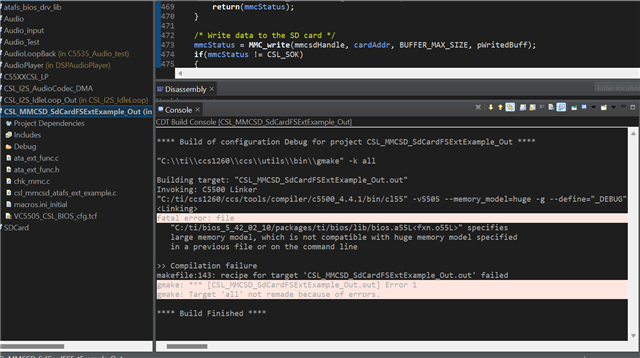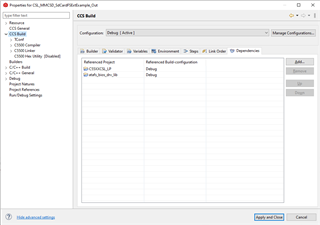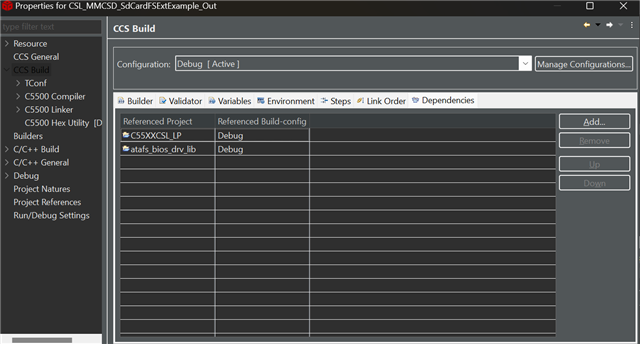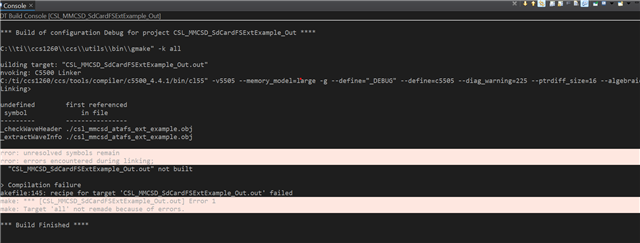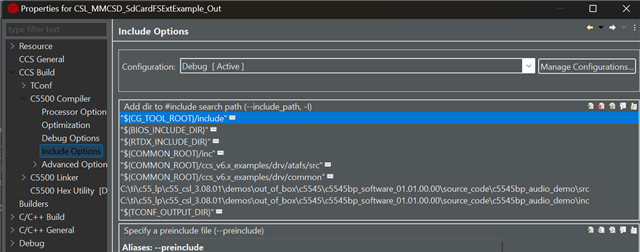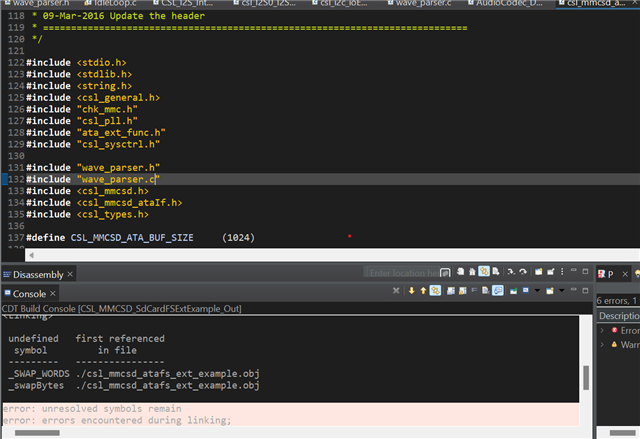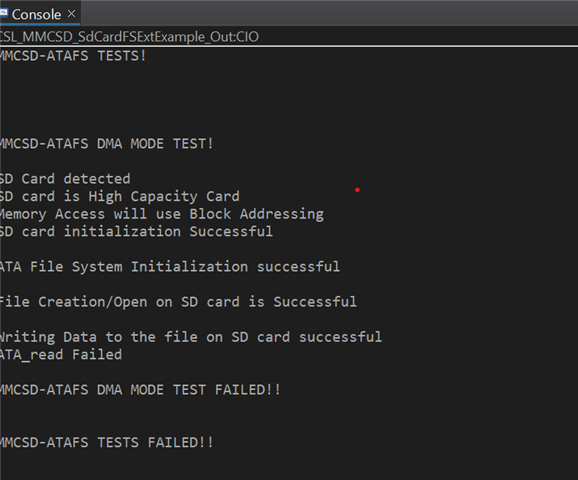Tool/software:
Hello
I would be to take an memory card 16GB. download the random wave file after copy into memory card wav file
how to play audio file and hear the processed audio from the stereo out port(headset). i tried seeing the documentation file on digitalspectrum website but unable to figure out anything. please help me out with it. thank you.



